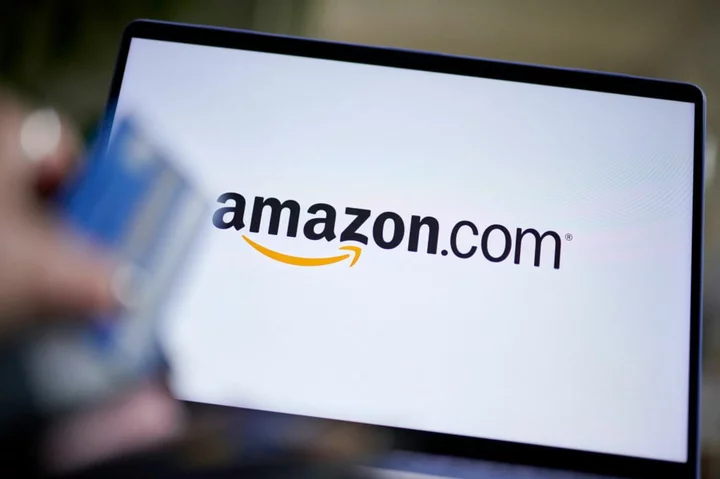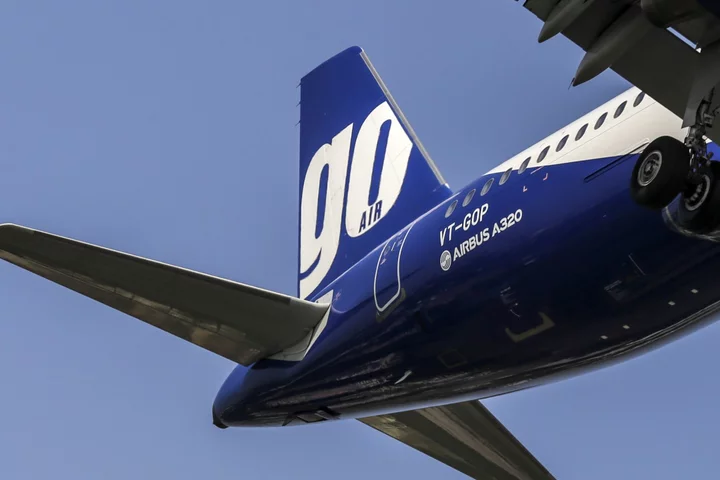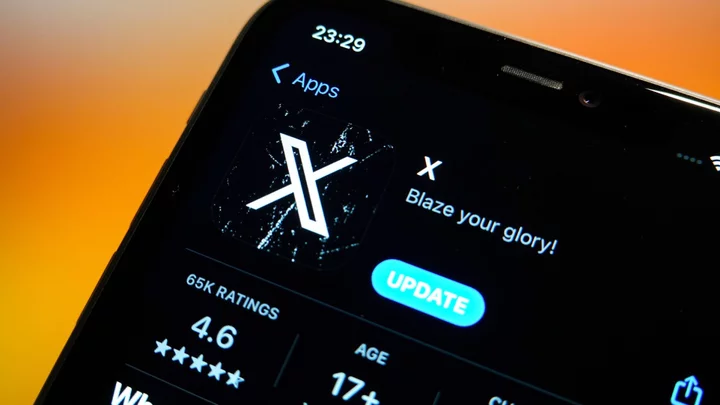Amazon has become ubiquitous with shopping. If you want nearly anything, you can get it on Amazon, typically for cheaper price compared to other top retailers. Plus, Prime members often receive their packages much faster. That omnipresence — and monopoly — is getting the retailer in trouble.
The Federal Trade Commission and 17 state attorneys general sued Amazon last week for illegally maintaining monopoly power. The complaint alleges that Amazon uses unfair strategies to stop rivals and sellers from lowering their prices — ensuring that Amazon has the least expensive availability around — all while "degrading quality for shoppers, overcharging sellers, stifling innovation, and preventing rivals from competing with them."
SEE ALSO: Prime Day is just around the corner — here's how to find the best deals"Our complaint lays out how Amazon has used a set of punitive and coercive tactics to unlawfully maintain its monopolies," FTC Chair Lina M. Khan said in an announcement. "The complaint sets forth detailed allegations noting how Amazon is now exploiting its monopoly power to enrich itself while raising prices and degrading service for the tens of millions of American families who shop on its platform and the hundreds of thousands of businesses that rely on Amazon to reach them. Today’s lawsuit seeks to hold Amazon to account for these monopolistic practices and restore the lost promise of free and fair competition."
SEE ALSO: A 'sale' isn't always a good deal — here's how to tellThe complaint itself is interesting, sure, but some of the really juicy details have been redacted. Thankfully, The Wall Street Journal, always a fiend for the spicy details, found and reported some of the hidden insights under those black blocks. According to the Post's report, Amazon used a secret algorithm called "Project Nessie" to see just how high it could raise prices while still staying lower than its competitors. If competitors raised their prices, Amazon would follow suit. If competitors didn't, the algorithm would automatically move Amazon's price back to its original, lower price.
It's all hard to figure out, though, because of all these damn redactions. But sources told the Journal that Amazon made more than $1 billion by using Project Nessie. Amazon did stop using the algorithm in 2019, though. It's unclear why.
"As a result, Amazon has successfully taught its rivals that lower prices are unlikely to result in increased sales — the opposite of what should happen in a well-functioning market," the FTC alleged.
Project Nessie is just one of the many accusations the FTC is throttling against Amazon, but it is a pretty wild one.









